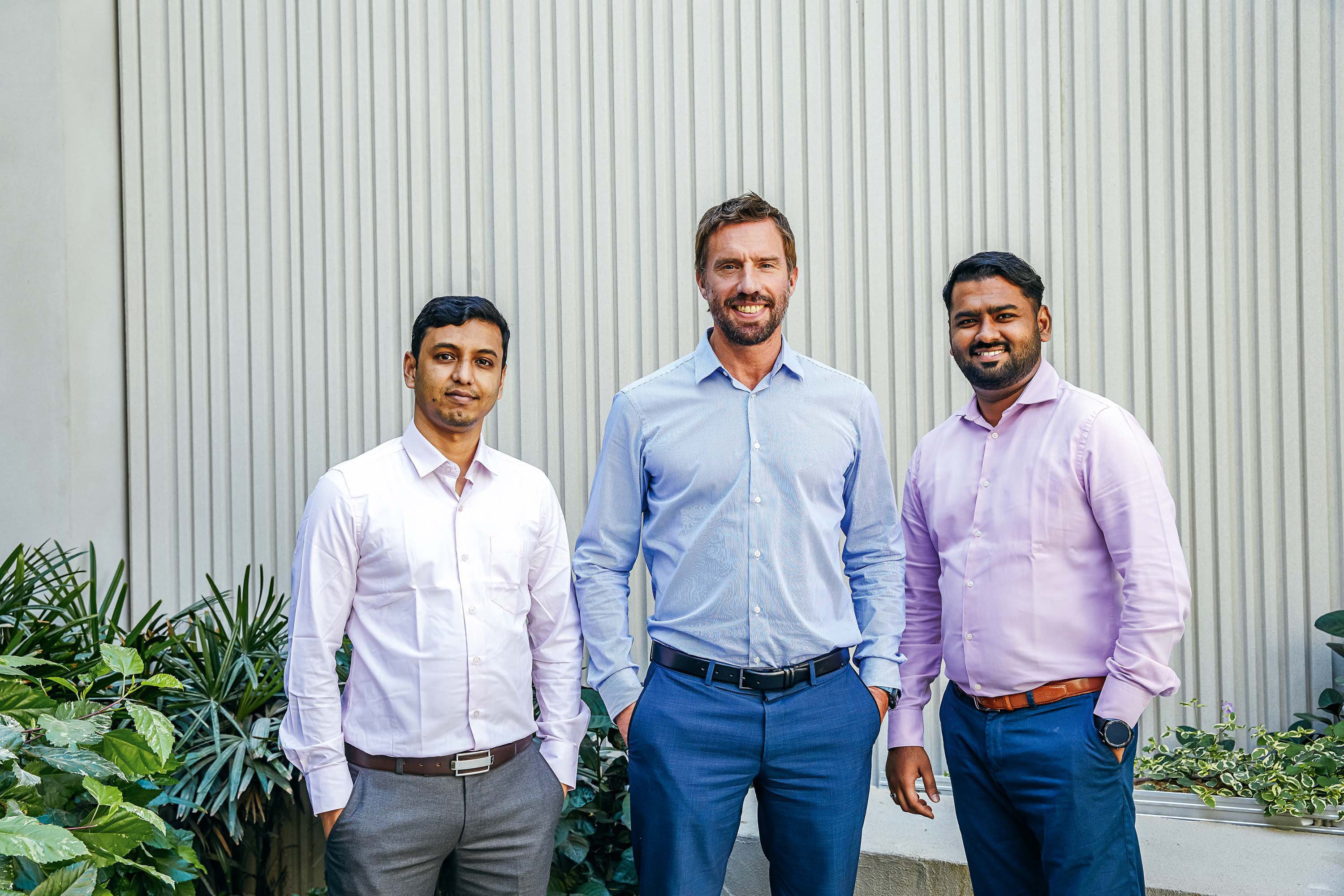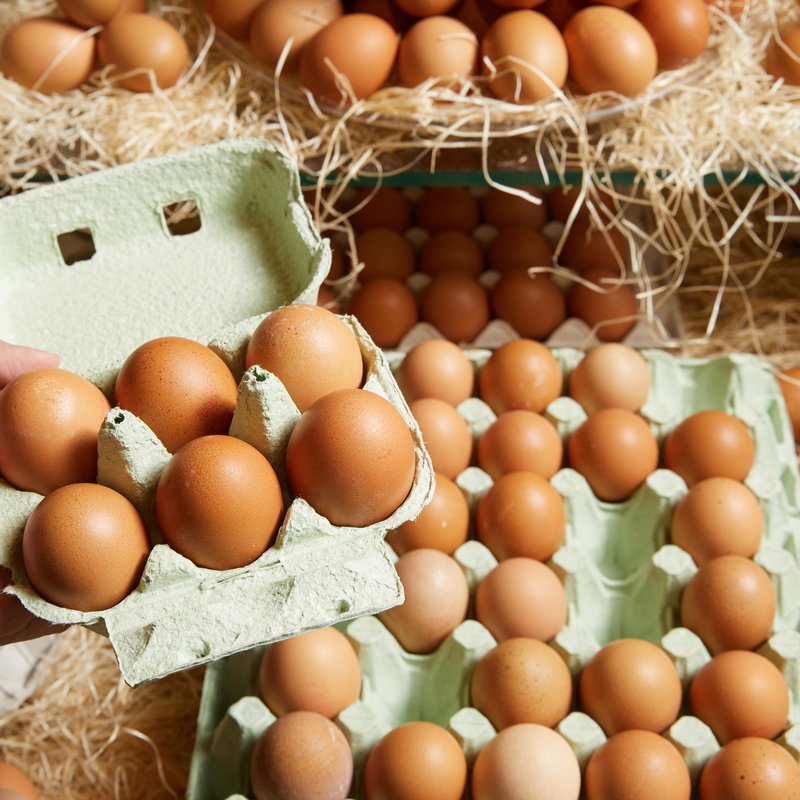Forward thinking
Forward thinking
Towards the end of last year, you shipped organic citrus to the UAE – what did this project involve? And why was it such a feat?
Usually, citrus is flown into the UAE from around the world. We piloted this project for Spinneys and were the first ever to successfully ship certified-organic citrus into this market. The container arrived in November, and despite being in transit for a longer period of time, the fruit looked great. It can be really difficult to grow oranges, lemons and clementines without the use of pesticides, but our grower in Spain has done, and is doing, a fantastic job. Many farmers have been inspired by his achievements and have realised that organic is where the future of citrus is. Knowing that there are no harmful chemicals used means you can enjoy the fruits whole. They’re ideal for cooking, juicing and zesting.
Have you had any other firsts in terms of shipping produce?
We pioneered a project with Driscoll’s recently which enabled us to ship blueberries from a South African grower. The fruit was transported using Modified Atmosphere Packaging (MAP) – basically the berries are kept in temperature-controlled bags while they’re in transit. The result of this has been that we are able to provide larger quantities of fresh blueberries at an affordable price.
Will you be using sea-freight instead of airfreight going forward?
We are constantly exploring moving more products from air-freight to sea-freight. The challenges we face include larger fixed quantities and longer lead times. One wouldn’t want to bring in excess produce for the sake of it and be left with waste. We will look at co-loading with local partners to fix this. You also have to be careful about the types of products you mix. You cannot mix plums with nectarines and peaches, for example. However, they work well with apricots and pluots. Never ship bananas with apples either – the latter would ripen the former. At the moment, we sea-freight half of our avocados and we ripen them locally before supplying stores. The remaining half are currently ripened and packed elsewhere before being flown in. The plan is to ship more and ripen and pack them here.
Tell us about packaging – what steps have you taken to make this more sustainable?
Our goal is to reduce plastic across all our packaging. Our most recent development is the dispensers with paper bags in the produce sections of all stores. We’ve also introduced a new range of recyclable boxes for fruit such as our easy peelers, nectarines and peaches. And our SpinneysFOOD Apples will soon be moved from plastic to paper.
You work with a number of local farmers – why is this important to Spinneys?
We’re proud to support growers based in the UAE – this is a sustainable solution for the future of farming. We work with 15 farms and we’re looking at longer-term plans with them to see how we can collaborate further. Whoever we partner with, we’re looking for those who grow the best produce (be it new or existing varieties) in an environmentally friendly manner so that they align with our goals. We have an exciting project with Elite Agro in Al Ain at the moment – they’re growing blueberries right here in the desert. They’re also cultivating capsicums for us, as the climate here is beneficial. And there’s a lot we’re doing with vertical and hydroponic farms.
What about flowers – where do you source these from?
We mainly source our flowers from Kenya and The Netherlands. Due to the nature of the product, they need to be flown in twice a week. Much like our fresh produce partners, we choose flower growers who subscribe to our ethos. AAA growers in Kenya for example has many sustainable practices in place, from crop rotation and building soil health, to conserving water and using solar power.

